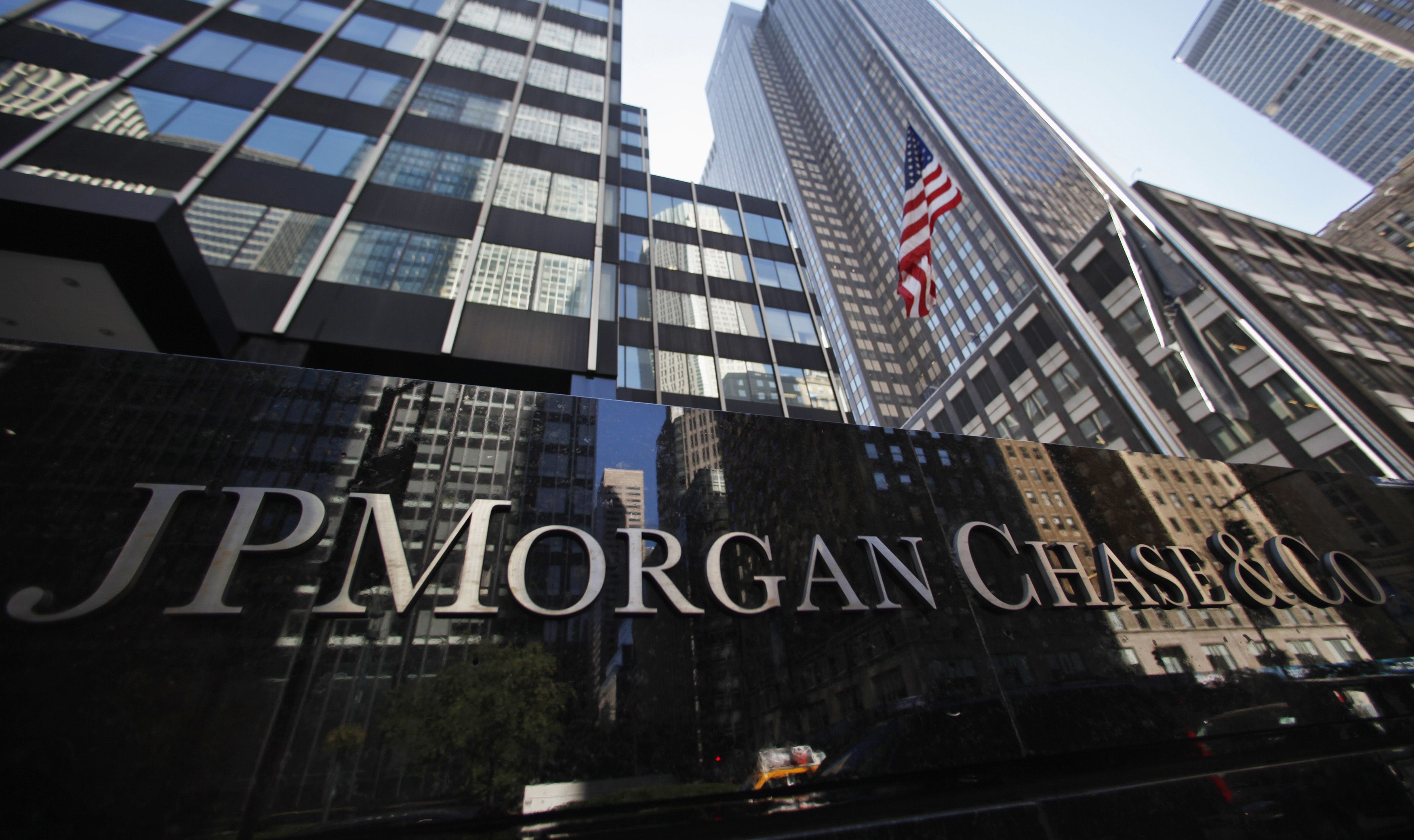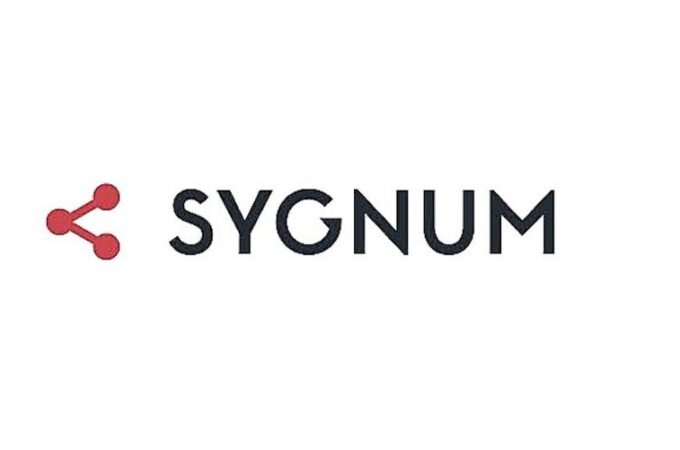
Biggest global banks at Davos: we’re all fintech innovators now
By Michael J. Moore, Ambereen Choudhury, Elisa Martinuzzi for Bloomberg business
Fintech was every banker’s buzzword at the World Economic Forum, as leaders of the world’s largest financial companies both touted the potential of new innovations and leaned on regulators to control the startups threatening parts of their business.
Deutsche Bank AG Chief Executive Officer John Cryan predicted the disappearance of physical cash within a decade. Bank of America Corp. CEO Brian Moynihan said his firm now spends $3 billion a year, more than 5 percent of total expenses, on coding. JPMorgan Chase & Co. and Banco Santander SA announced an investment in ex-banker Blythe Masters’ blockchain startup.
“It seems every bank calls itself a fintech company now,” marveled Taavet Hinrikus, CEO of TransferWise Ltd., a London-based online marketplace that moves money internationally at lower costs than banks.
While many executives in the startup world, including Hinrikus, made their first trip ever to the Davos-based forum, the official discussions last week were dominated by the established players. At the conference devoted to the official theme of “the Fourth Industrial Revolution,” one panel titled “The Fintech Revolution” featured no startups, while “The Transformation of Finance” had as its disruptor Dan Schulman, CEO of PayPal Holdings Inc. Its $38.7 billion market value is already bigger than that of Deutsche Bank.
Disrupting Banks
The world’s largest financial-services firms could lose as much as $150 billion of revenue to financial-technology startups, according to an Oliver Wyman report this month. The cost of upgrading IT systems to adapt to increasing competition could cost more than $4 billion at each bank, compared with the $1.7 billion average dividend payout of the 100 largest lenders, according to the consulting firm. Potential cost savings from such investment across the industry could total $340 billion.
Those opportunities outweigh the threats, said UBS Group AG Chairman Axel Weber, as banks on both sides of the Atlantic face fundamental questions about whether they can earn adequate returns on equity in their current forms. Plunging asset values and spooked investors are unlikely to provide a near-term boost to trading businesses that have struggled for half a decade and are now being reshaped.
Still, some bank chiefs tried to splash some cold water on the bold talk. Morgan Stanley’s James Gorman said regulation is still a bigger deal for banks, and bemoaned the “near hysteria” surrounding fintech.
The biggest banks also called for a level playing field with new entrants that offer banking services to consumers. New rules are likely to lag changes in the industry, Moynihan and Standard Chartered Plc CEO Bill Winters said.
“It’s a disruptive development that will challenge regulators along the way,” Winters said. “Payment systems have to be regulated. They need to be observed.”
Seeking ‘Alternatives’
Dutch Finance Minister Jeroen Dijsselbloem said on the same panel that European economies are far “too dependent” on the banking system, and regulators would welcome alternative providers of financing to consumers and small- and medium-sized businesses.
“We need alternatives, and technology can help,” he said. “Regulators should never be at the front of technological development. Regulators should follow it as closely as possible, understand it and deal with financial stability and consumer protection. You don’t want to over regulate before you understand it.”
Even new entrants were surprised at how quickly the changes brought on by technology became the dominant theme for banking discussions.
Tim Levene, co-founder of Augmentum Capital, which invests in fintech companies in the U.K. and Europe, said he was even getting questions about whether the burgeoning industry is already a bubble.
As Masters’ Digital Asset Holdings raised $52 million from investors and won a contract to radically speed up settlement in Australia’s stock market, several bankers said blockchain, the type of technology her firm uses, was still several years from having a real impact on payments or securities markets.
“It can’t be a bubble because it hasn’t happened yet,” Levene said. Still, he added, “if I had a dollar for every time I heard the word fintech this week, I’d have a much bigger fund to invest.”





